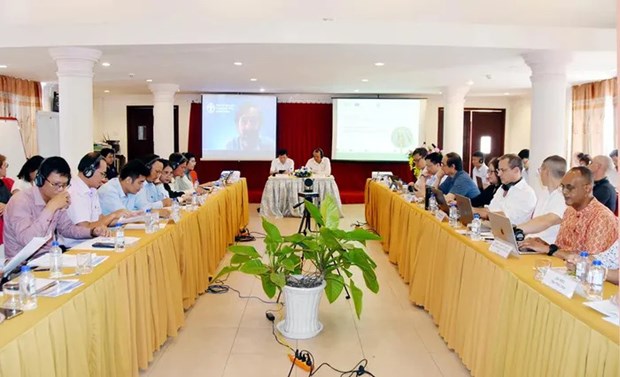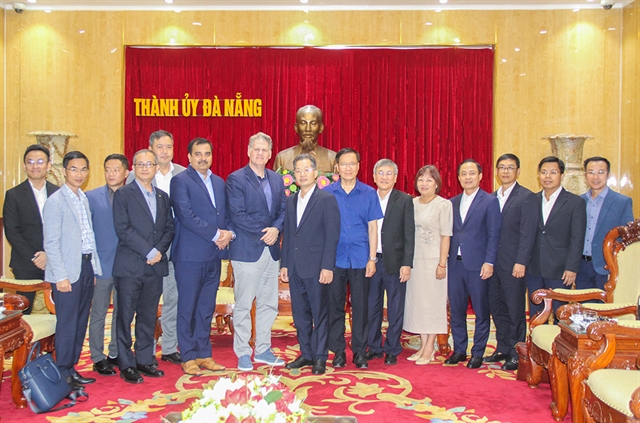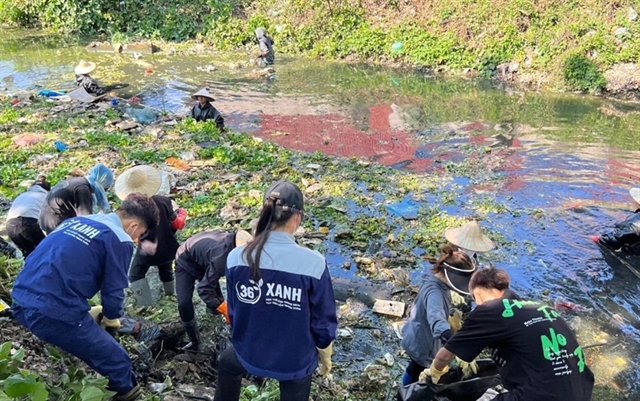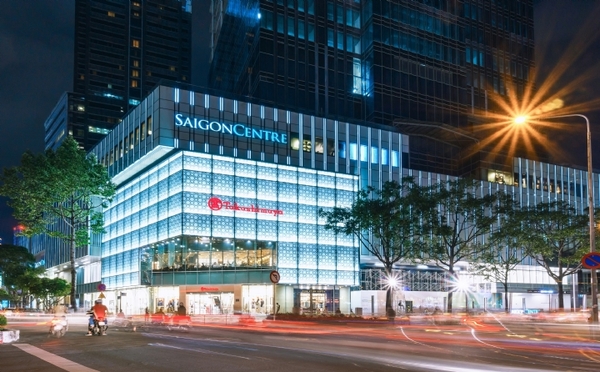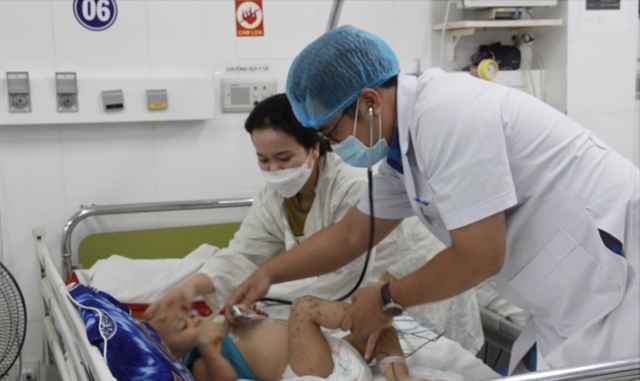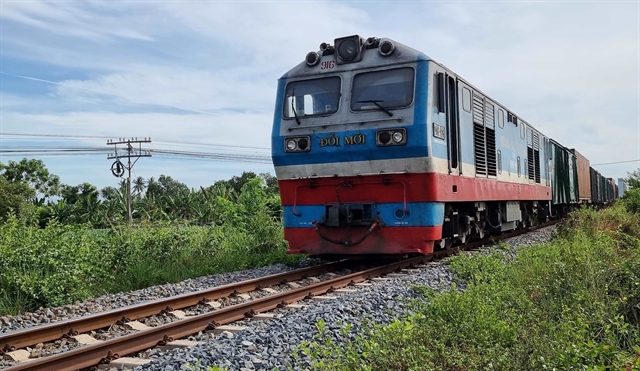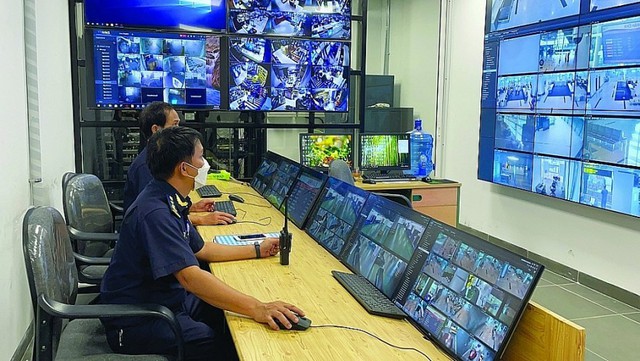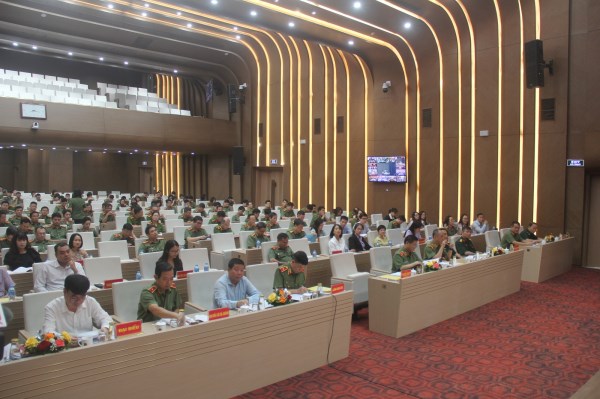 Politics & Laws
Politics & Laws
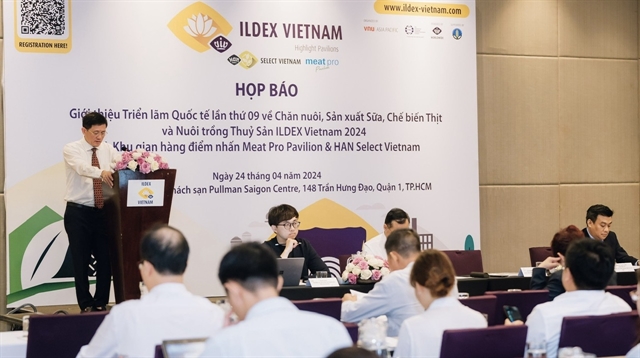
The course of economic growth and integration in the Asia - Pacific is being presented with opportunities thanks to deepened globalization, the Fourth Industrial Revolution, particularly digital technology, Artificial Intelligence, Internet of Things, among others.
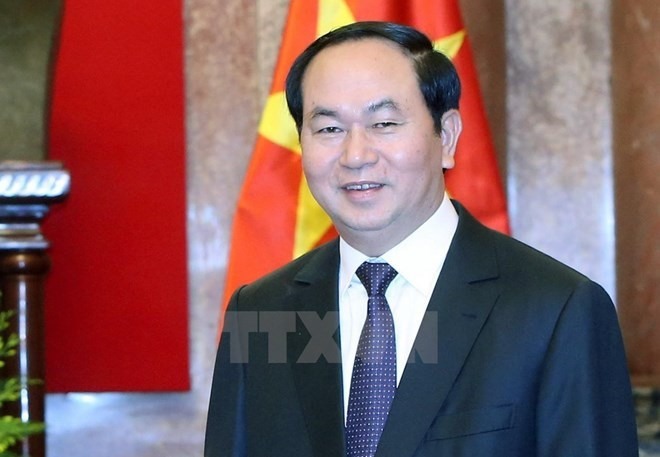 |
| President Trần Đại Quang.— VNA/VNS Photo Nhan Sáng |
HÀ NỘI — Asia-Pacific is being presented with new growth and integration opportunities thanks to deepened globalization and the fourth industrial revolution, according to Vietnamese President Trần Đại Quang.
The President was writing in an article published by Vietnam News Agency yesterday as the Concluding Senior Officials Meeting (CSOM) that kick-started the 2017APEC Economic Leaders’ Week in Đà Nẵng opened the same day.
The increasing interdependence and connectivity in the region as well as the need to address global challenges will also open up new opportunities for member economies to foster co-operation and integration, he wrote.
Quang asserted that while regional and global economic recovery is firming, given slowing international economic integration, mid-term and long-term risks, rising protectionism, widening development gaps and emerging traditional as well as non-traditional security challenges, the regional security and development environment has become more uncertain and unpredictable.
In addition to the challenges, there are also new opportunities.
Building on its achievements, APEC is now in an excellent position to contribute to maintaining Asia - Pacific’s role as a driver for global economic growth and integration. Key APEC members will continue to be the world’s leading economic, trade and technological centres in the coming decades, the head of the Vietnamese State wrote.
With more than 150 bilateral and multilateral free trade agreements that APEC members are party to, including efforts toward the eventual establishment of a Free Trade Area of the Asia - Pacific (FTAAP), the region will have vast potential in markets, technology and financial resources, Quang continued.
He also wrote that APEC enjoys favourable conditions to bring into play its role in a multi-layered international landscape thanks to its flexible, non-binding and voluntary principles, thus enabling member economies to reach a common voice and consensus, even on issues where differences remain.
These statements were reinforced by Deputy Minister of Foreign Affairs Bùi Thanh Sơn, who said at CSOM yesterday that this year presented difficulties and opportunities for APEC co-operation.
“But the good thing is that even facing such difficulties, we have managed to secure many important results, such as maintaining the momentum of co-operation and reaching convergences on a wide range of issues to boost this year’s priorities and support other ongoing APEC works,” he said.
“We have greatly benefited from the active engagement and contributions of all member economies and other stakeholders to advance this APEC process in our designed direction,” he added.
Sơn noted that the CSOM delegates have supported the two initiatives proposed by Việt Nam in the opening session: human resource development in the digital age and an action plan for promoting inclusive development in the economic, financial and social spheres.
“The consensus and support that APEC member economies have given to Việt Nam’s two most important initiatives today show that these issues are common concerns,” he told local media after the morning session yesterday.
Several delegates who spoke to the Việt Nam News on the sidelines of the meeting expressed support for a number of initiatives to be submitted to ministers and leaders at the APEC Ministerial Meeting on Wednesday.
“We should establish an agenda with strategies on what we can do together to help the region continue to be the main driver in realising Bogor Goals in terms of trade and investment,” said Ivan Pomaleu, a delegate from Papua New Guinea, which will host APEC 2018.
“Our ministers will be strongly supporting mechanisms focusing on the post-2020 Agenda, and we should look at how to support SMEs connect with the global market. In terms of policies next year, we recognise that the agenda needs to continue to have a multi-year focus and seek new ideas,” Pomaleu said.
Shiu Raj, Director Programmes and Initiatives of the Pacific Islands Forum, said: “The very reason why APEC exists is to support integration. We will be learning from their experiences. It’s also a great opportunity for us to share our experiences and see how we can move forward in terms of economic integration.”
Head of Peru SOM Raul Salazar appreciated Việt Nam’s contributions in hosting the APEC Summit his year.
“Việt Nam has done a very good job, very good leadership this year. This year is a year when a lot of important discussions occur, what APEC will look like after 2020. We hosted the APEC last year, and we are so honoured and happy that Việt Nam has continued,” Salazar said.
Echoing Peru’s view, delegate Michael Hsu from Chinese Taipei’s Ministry of Foreign Affairs, said he was thankful to the government and people of Việt Nam for the preparations done for the APEC Leaders’ Week.
“For this year, there is an initiative called Financial, Economic and Social Inclusion, which is part of our agenda. It is initiated by Việt Nam, and I think it is a good initiative,” he said.—VNS

